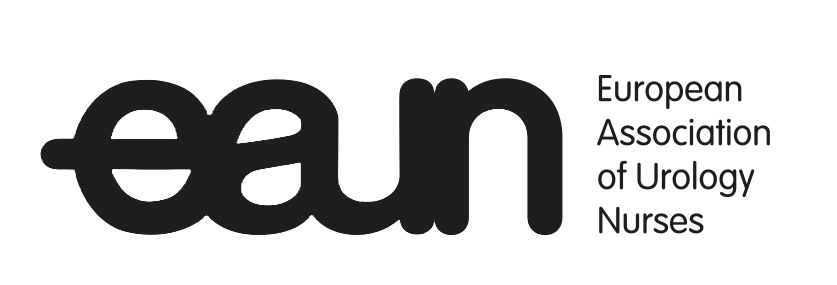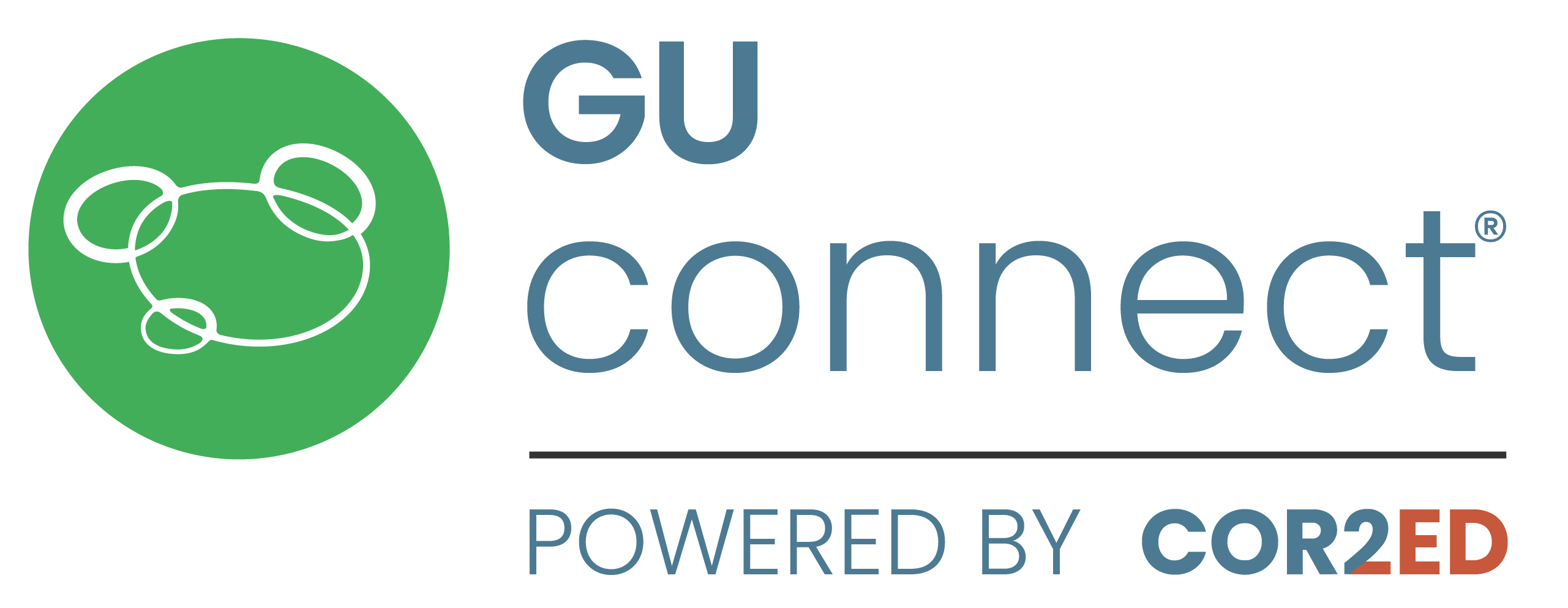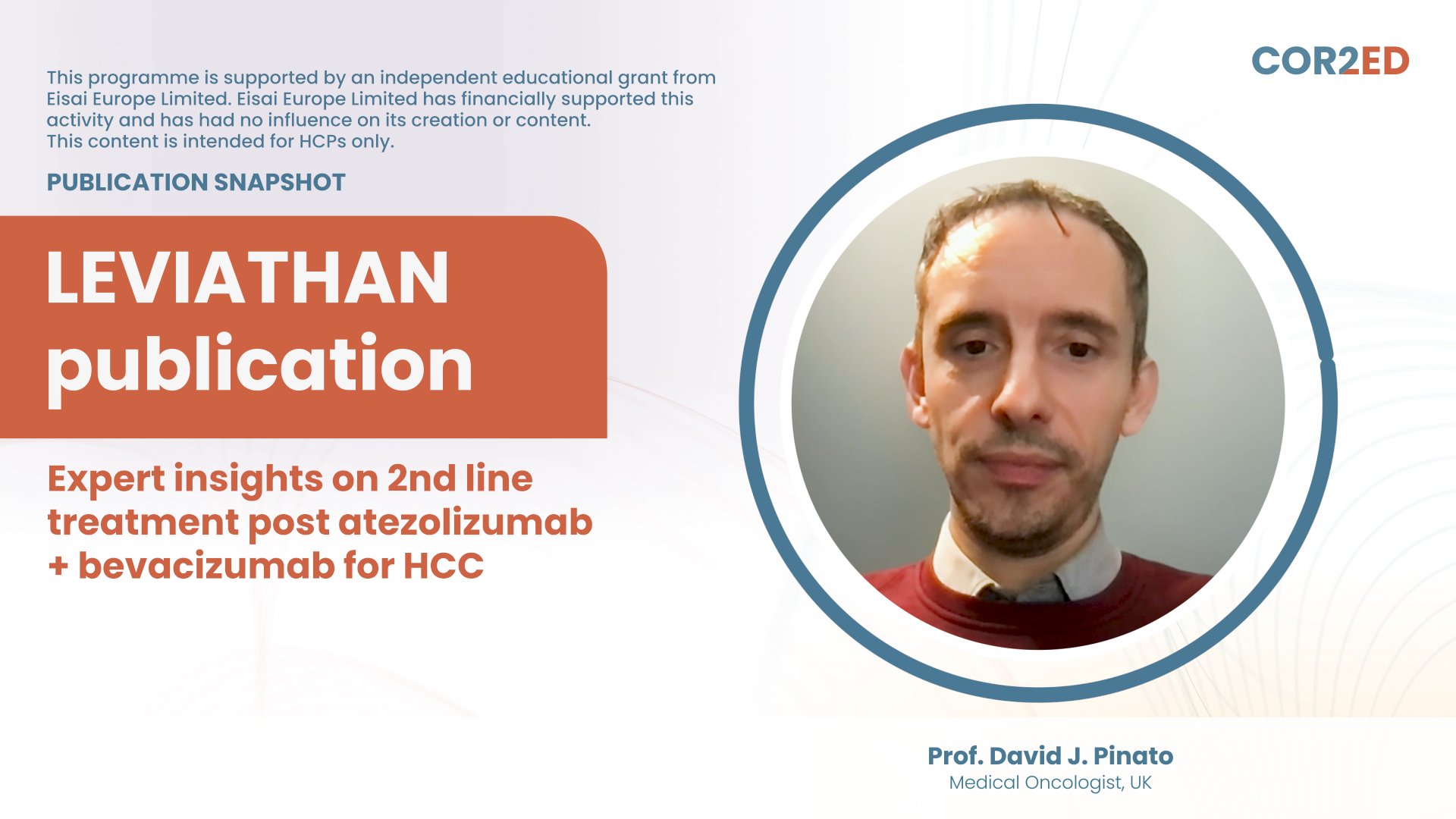In this interactive patient case, you'll meet a 50-year-old man diagnosed with clear cell renal cell carcinoma (ccRCC). As you work through the case, you'll consider suitable first-line options, how to define progression in a long-term durable response, and how to know when it's the right time to switch to second-line therapy.
Along the way, you'll answer questions at key points and engage with clickable resources to deepen your understanding of:
- The efficacy and safety profiles of targeted and immunotherapies for advanced RCC
- How to implement targeted and immunotherapies into the treatment strategy of patients with advanced RCC, and the optimal sequencing of treatments
- How to treat those patients who achieve prolonged responses on 1L therapy
Clinical Takeaways
- Clinical guidelines recommend a frontline combination with either IO-IO or IO-TKI for IMDC intermediate/poor risk patients with advanced ccRCC
- Patients who achieve a prolonged response on first-line therapy can continue on this treatment until clinical and radiographical disease progression occurs
- To ensure optimal sequencing of treatments, patients should receive a VEGF-targeted therapy that has not been used previously in combination with immunotherapy
This video has been sponsored by Eisai Europe Limited (“Eisai”). Eisai has had no input on the educational content of or speakers involved in this video.






 Downloadable
Downloadable  6 MIN
6 MIN
 Dec 2025
Dec 2025 








